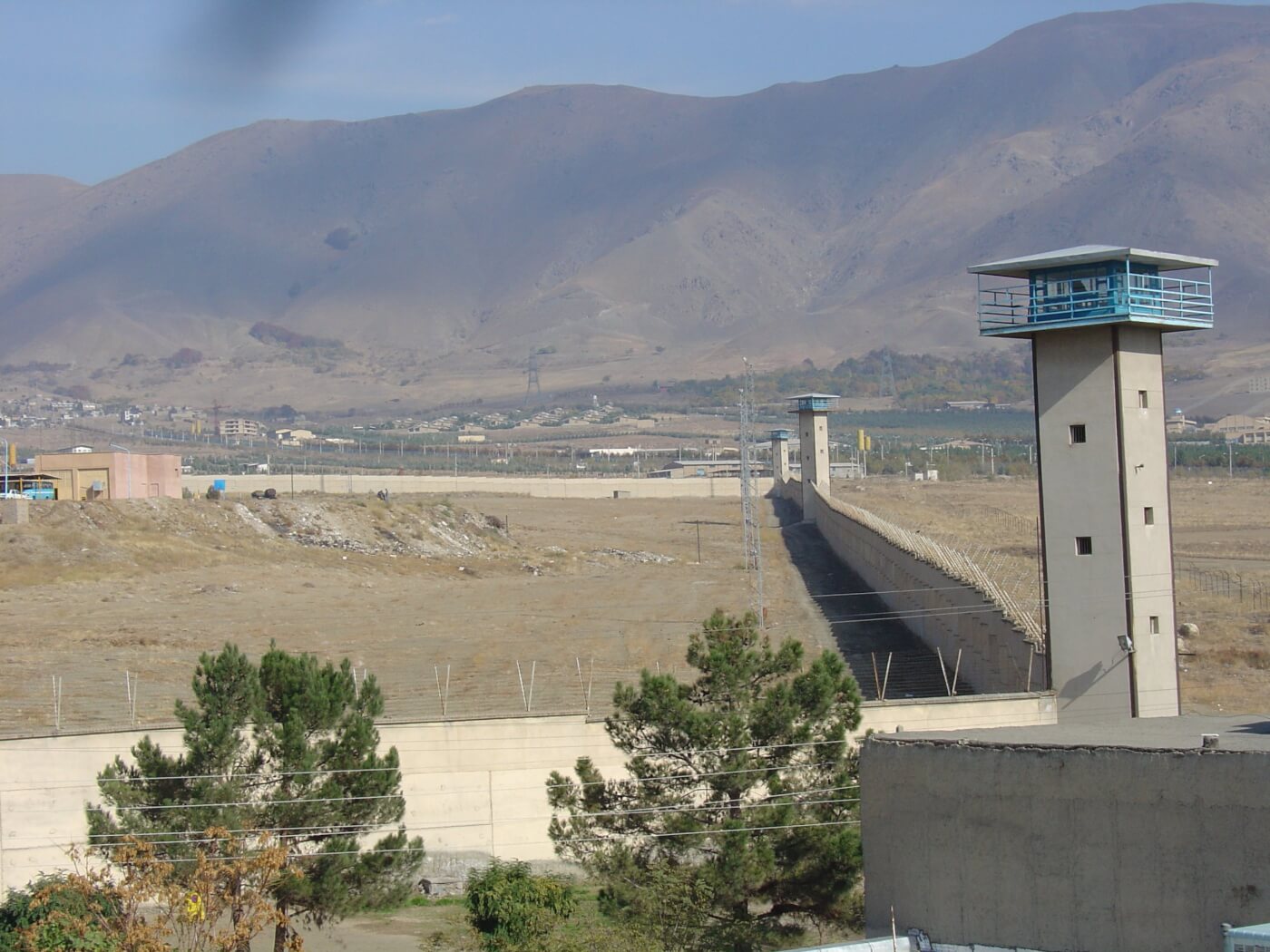A respected Iranian journalist has begun a three-year sentence in Iran’s notorious Evin prison. On August 21 2020, Kayvan Samimi, former editor-in-chief of the center-left Iran-e-Farda magazine, posted a screenshot of his electronic summons, ordering him to report to Evin Prison after a prior conviction on charges of colluding against national security” was upheld by the Tehran Appeals Court.
Speaking to the Center for Human Rights in Iran (CHRI) on August 22 2020, Samimi said:
“I will go to prison and when I get out I will continue to live according to my ideals and beliefs…I’m not looking to build a political platform for myself. I’m more of an idealist and my actions are very transparent. I don’t believe in working in secret and that’s why I wrote about social movements on my Telegram channel. I know the authorities are sensitive about it. They call me a saboteur who incites riots, even though I believe in non-violence.”
Throughout his distinguished career the 72-year-old has held a number of high profile positions, including as Editor-in-Chief of the banned daily paper Nameh (Letter) and board member of the Society in Defense of Press Freedom.
This is not the first stint Samimi has done, having spent time in prison both prior to and following the 1979 Revolution in Iran for his journalism and activism.
In May 2020, Branch 26 of the Revolutionary Court sentenced him to three years in prison for “assembly and collusion against the state.”, following an arrest at a Labor Day rally in May of the preceding year. On July 27, the verdict was upheld by Branch 32 of the Appeals Court.
Mr. Samimi told CHRI:
“The main change against me is ‘assembly and collusion against the state’ for attending a so-called illegal gathering on Labor Day, which carries a prison term of three to five years. They gave me three years.”
Before continuing:
“During interrogation, I was also accused of ‘propaganda against the state’ and ‘insulting the Supreme Leader’ after the interrogator reminded me of everything I had said and done in various cities following my release from prison in 2015. But I was acquitted of those two charges in court.”
In a wide ranging interview prior to his arrest, Samimi warned of worsening repression and fear in Iran, highlighting how “very few people were expressing themselves and even that’s not tolerated by the state.”.
In June 2020, a joint report by the Ceasefire Centre for Civilian Rights (CCCR) and Minority Rights Group International (MRGI) highlighted how national security and terrorism measures were being used to commit widespread human rights abuses in Iran.
The report found that “scores of journalists, labour activists, women’s rights campaigners and other human rights defenders are detained every year on spurious national security grounds”.
The Reporters Without Borders (RSF) 2020 World Press Freedom Index ranks Iran 173rd out of 180 countries and claims that “Iran has been one of the world’s most repressive countries for journalists for the past 40 years”.
RSF’s country profile highlights how Iran is still plagued by a media landscape that’s extensively controlled by the regime, harassment of journalists and independent media, as well as arbitrary arrests and lengthy jail sentences being dished out following unfair trials.

